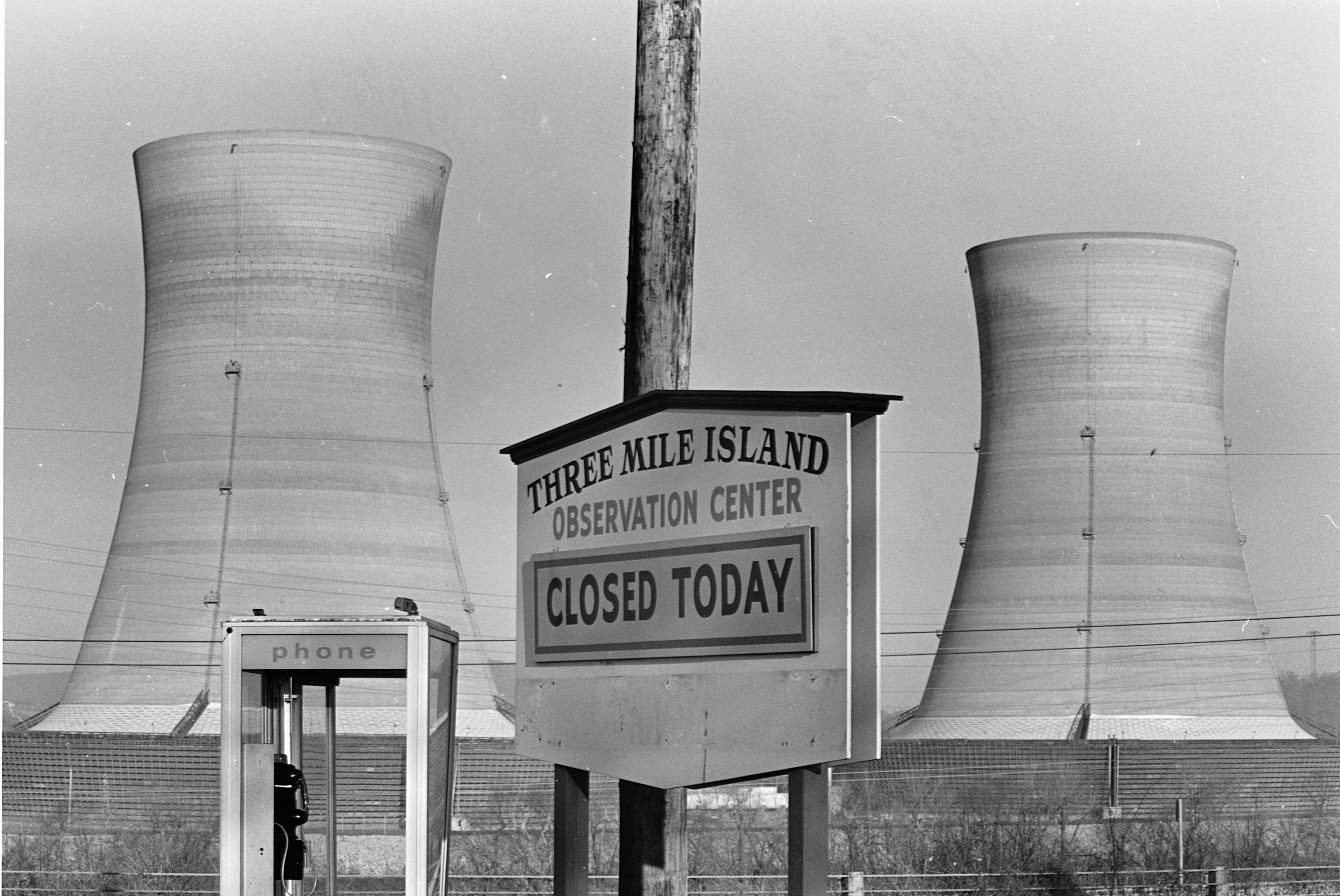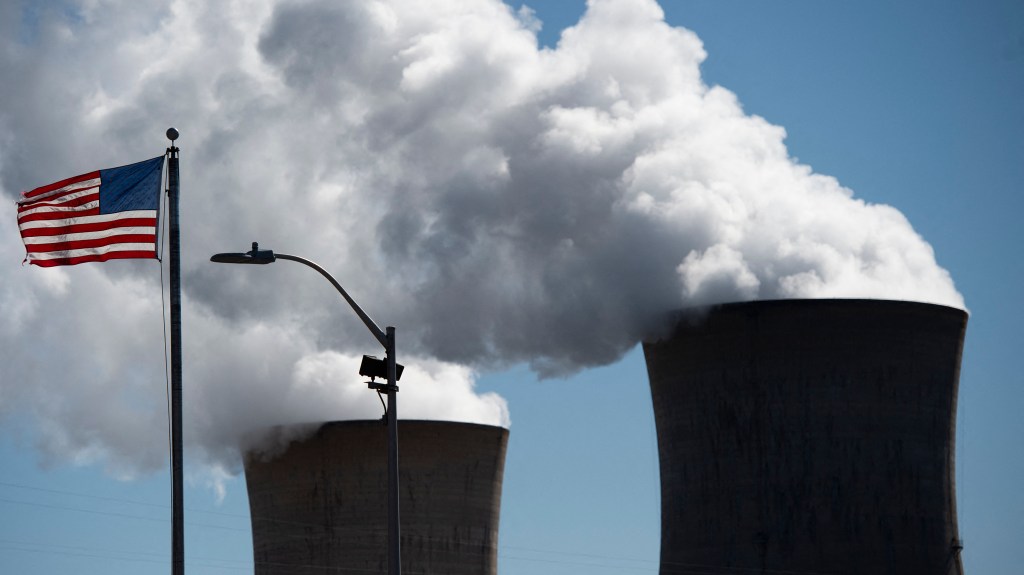Three Mile Island, site of the most significant nuclear disaster in U.S. history, is on track to be transformed into a clean energy facility, aligning with Microsoft’s plans to enhance its artificial intelligence operations.
Constellation Energy, the operator of the now-closed Three Mile Island nuclear station in Pennsylvania, has announced a substantial $1.6 billion investment to reactivate one of its reactors, slated to begin operations in 2028. This agreement includes a two-decade contract to supply all generated power directly to Microsoft.
The revival occurs several decades after a notable incident in 1979, when a partial meltdown in a different unit led to significant changes in safety and emergency protocols within the industry. While the incident resulted in minor radioactive emissions, it had no measurable health impact on workers or surrounding communities.
The reactivation process will require various regulatory approvals from federal, state, and local authorities.
This partnership with Microsoft reflects the increasing energy demands of major tech firms, which rely heavily on reliable electricity sources for their data centers, necessities for advancing technologies such as artificial intelligence and cloud computing.
Nuclear energy is gaining traction as a preferred solution—regarded as nearly carbon-neutral and generally more dependable compared to renewable sources like solar and wind. As tech companies aim to uphold their environmental commitments, the stable energy that nuclear power provides becomes more appealing.
“This agreement marks a significant step in Microsoft’s commitment toward decarbonizing the energy grid in our goal to become carbon negative,” stated Bobby Hollis, Microsoft’s vice president of energy. The unit is expected to supply 835 megawatts of power to the organization.

Following the announcement, Constellation’s stock surged by 16 percent, reaching $242.62, marking a 111 percent increase over the year.
The revival plans focus on Unit 1, which was decommissioned in 2019 due to economic factors; however, Unit 2, where the incident occurred, will not be operational again.
Additionally, Microsoft has entered into a power purchase agreement with Helion, a fusion energy company based in Washington state.
These initiatives come as influential figures in technology, such as OpenAI’s Sam Altman and Microsoft’s co-founder Bill Gates, advocate for nuclear energy as a viable method to meet the rising energy requirements of data centers.
Altman serves as chairman of Oklo, a nuclear startup that recently went public, while TerraPower, co-founded by Gates, commenced construction on a new nuclear facility in June.
The increasing energy needs of AI data centers have raised concerns about potential spikes in electricity costs for consumers and the reliability of the power grid. According to Energy Information Administration data, nuclear power accounted for approximately 18.6 percent of U.S. electricity generation last year.
